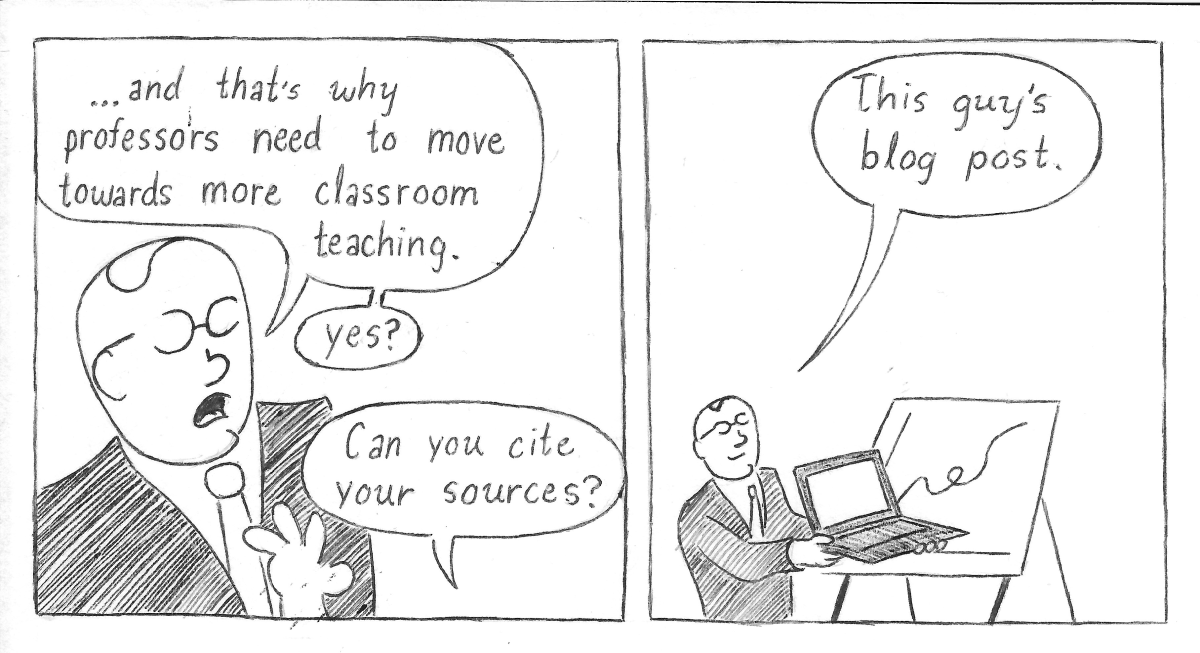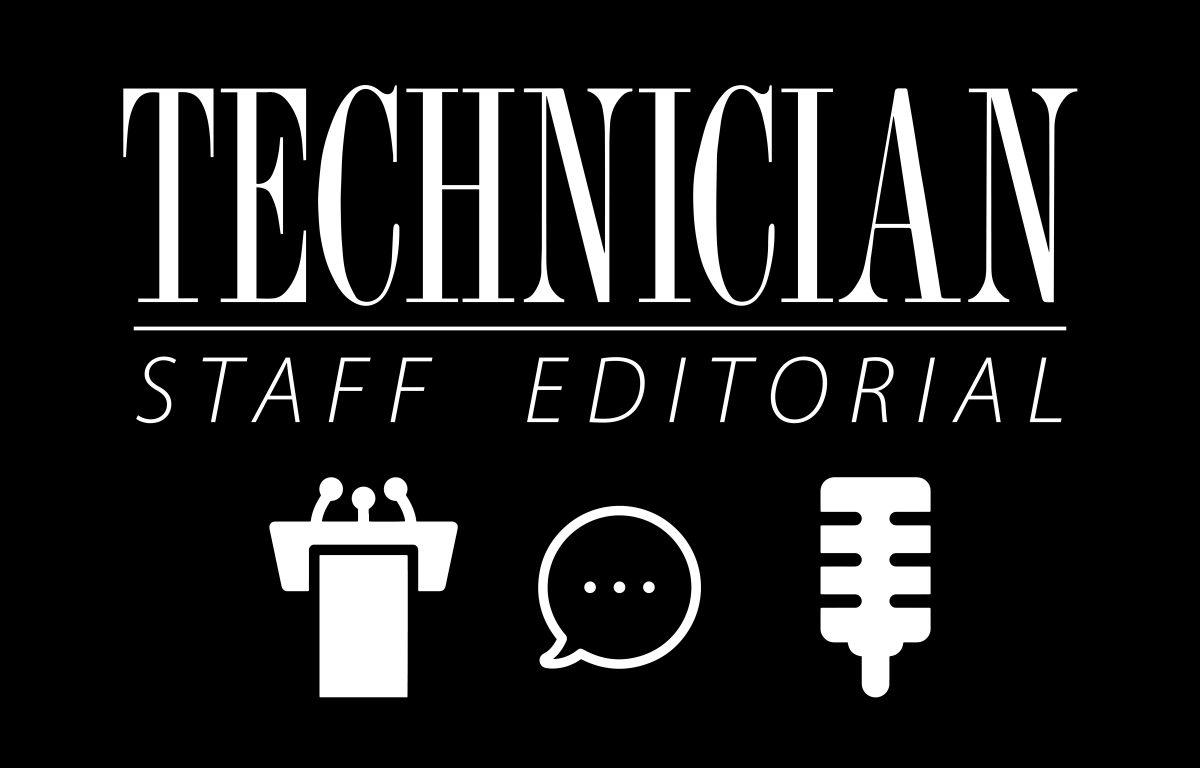It’s an absurd bill that will likely never pass, but the recent proposal of Senate Bill 593 which would mandate faculty members at UNC System schools to teach four courses per semester, provides yet another example of Republicans’ misunderstanding of the role that public universities play in our country.
Sen. Tom McInnis, a freshman Republican from Richmond County who sponsored the bill, said he wants to improve teaching quality by seeing professors spending more time in the classroom, as opposed to graduate students teaching courses. For the average NC State professor, he wants to see them spending exactly twice as much time in the classroom, and those who do not meet his proposed requirement of teaching four courses per semester would see their pay drastically cut.
But the role of a professor extends beyond classroom instruction. Professors conduct groundbreaking research, write articles in scholarly journals, write books, edit journals, maintain laboratories for students to work in, apply for nationally competitive grants, advise both undergraduate and graduate students, run committees, give public lectures and perform other acts of public extension.
That’s not even to mention the economic impact that academic research generates for the state.
The UNC System General Administration recently released a report that found that UNC System research spending generates $1.5 billion annually in added income for the state and employs more than 22,000 North Carolinians.
McInnis’ bill plays into the extremely degrading debate popularized by Republican legislators across the nation as to whether professors work hard enough for their pay.
As NC State faculty-senate head and professor of history David Zonderman said, “Faculty members aren’t just curled up in hammocks eating bon-bons.”
If the bill were to be passed, we could certainly expect to see a mass exodus of faculty members and the prosperity that the UNC System brings to the state of North Carolina leave with them.
This isn’t the first time a member of the Republican party has tried to blame those dedicated to teaching the next generation for not doing enough work while trying to balance the budget on their backs.
This attempt to “improve the quality of instruction at the constituent institutions of the University of North Carolina” is clearly a Republican misunderstanding of what professors do and their role in higher education.
Our own Republican governor, Pat McCrory, sees no problem moving toward privatizing higher education. McCrory said, “If you want to take gender studies, that’s fine. Go to a private school, and take it, but I don’t want to subsidize that if that’s not going to get someone a job.”
And during the past few months, we have seen a Republican-controlled Board of Governors dismiss UNC System President Tom Ross, which we still have yet to hear a dignified reason for. In addition, the board conducted a “review” which resulted in the termination of three research institutes studying poverty, the environment and civic engagement—areas which if the legislature were better informed about, would much better serve the citizens of North Carolina.
The review, touted under the notion of a cost-saving measure for the state of North Carolina, will save the state a grand total of $0.00.
However, this misunderstanding of higher education is not exclusive to North Carolina’s Republican-controlled government. Wisconsin’s Republican Gov. Scott Walker, a potential GOP presidential candidate, called for a 13 percent cut to the public university system, which would amount for a total cut of $300 million during the next two years for the university system’s 180,000 students.
In Kansas, the Republican Gov. Sam Brownback proposed to gut funding for public schools and higher education by nearly $45 million to make up for the state’s massive deficit and proposed tax cuts.
While destroying public higher education is not a plank of the Republican Party platform, it sheepishly hides under the goals of fiscal conservatism.
Let’s stop electing leaders who are asking if our professors work hard enough and start electing ones who ask if they are paid enough. Let’s stop electing people who are actively cutting higher education’s funding and start electing those investing in higher education.










